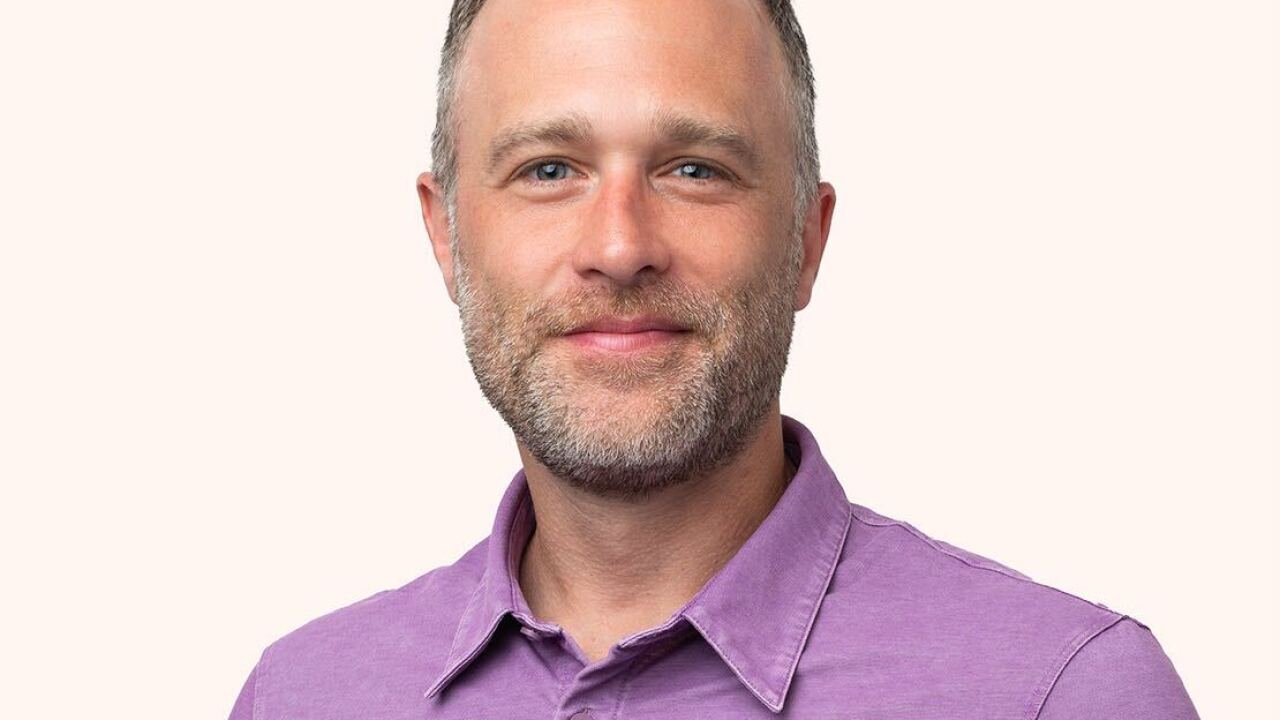Louisiana's new Office of Debt Recovery will open in January and have the authority to revoke licenses from consumers, seize bank accounts and take tax refunds to pay down delinquent accounts.
Lawmakers
State agencies are owed more than $1.4 billion with approximately $700 million of it at least 180 days past due. The debts range from delinquent college tuition installments to environmental monitoring fees.
Louisiana's Revenue Secretary Tim Barfield says the collection work will begin in phases and be complete by early 2015. Agencies will be required to refer all their delinquent accounts to either the attorney generals office or the Office of Debt Recovery, which will handle debts considered final with no further right of appeal. Agencies will have to refer the accounts once they are 60 days old.
The quicker you report debt, the better chance you have of recovering debt, Barfield told the state's Cash Management Review Board.
Supporters of the change in handling collections say it strengthens a focus on seeking payment and gives the state more tools to force it.
State Rep. Chris Broadwater, R-Hammond, sponsor of the bill, said Louisiana had been too lax in seeking payment for delinquent accounts and argued that the states patchwork collections approach resulted in large amounts of money being written off as uncollectable. The state could raise an additional $180 million to $200 million over five years through the Office of Debt Recovery, according to some estimates.
The state has 174 agencies. Until now, no unified collection system to handle all state government debts. The attorney generals office collected back-owed debt for 43 agencies that have contracts with them directly. But such contracts werent required.
The recovery office wont handle collection efforts for agencies that have agreements for the attorney generals office to do the work. It also wont handle debts owed to federal social services programs or back-owed unemployment compensation, which falls under another collection process.
Barfield highlighted the new ability to seize money from bank accounts to address a delinquent account.
Different collection methods will be used depending on the type of debt involved, however. For example, Barfield said he doesnt expect to use bank account seizures for medical bills involving charity hospital care for the poor and uninsured.





